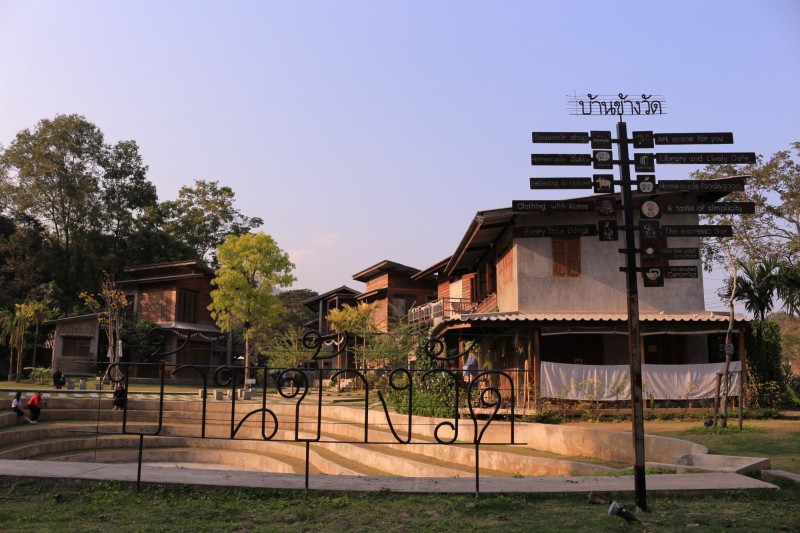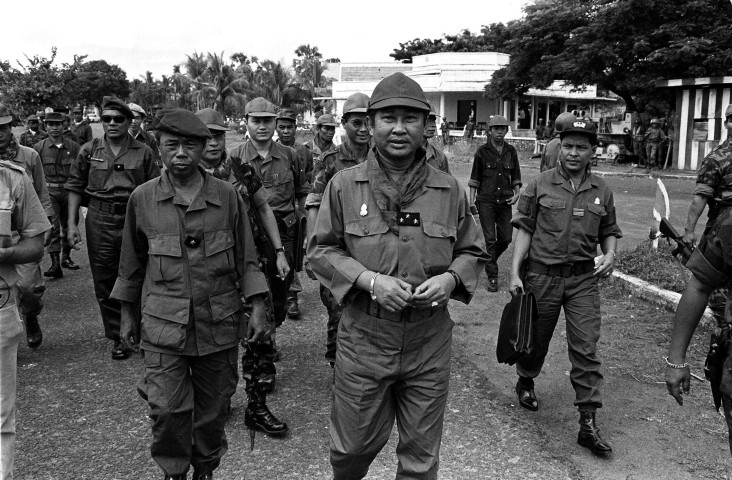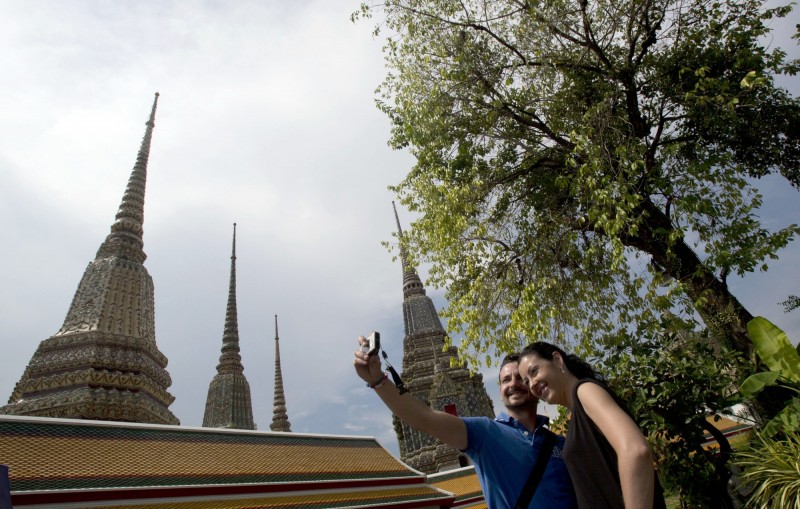☀︎ Shangmao Chen / Professor, Department of Public Affairs, Fo Guang University
Nguyễn Thị Thuỳ Dương / TEEP Student, Fo Guang University (2024/8/30)

The passing of Nguyễn Phú Trọng, General Secretary of the Communist Party of Vietnam (CPV), on July 19, 2024, marks the end of an era for the party. Often referred to as “the last communist” due to his steadfast adherence to Marxism-Leninism, Nguyễn Phú Trọng was the last Vietnamese leader to have matured politically during the Vietnam War era. During his tenure as general secretary, a position he held from 2011, Nguyễn Phú Trọng played a significant role in shaping both the political and economic spheres of Vietnam. His administration is notable for its vigorous anti-corruption initiatives, significant economic reforms, and the implementation of a strategic diplomatic approach termed “Bamboo Diplomacy.”
Nguyễn Phú Trọng’s anti-corruption campaign, famously known as the “Blazing Furnace” (Đốt Lò) campaign, initiated in 2016, resulted in an unprecedented number of senior officials being removed from their positions. Under his leadership, Vietnam’s Corruption Perceptions Index (CPI) saw a substantial improvement, increasing by 10 points from its pre-2011 level and peaking in 2022 with a score of 42. Although there was a minor decline in 2023 to 41 points, attributed to the Trương Mỹ Lan embezzlement scandal, the overall trend underscores the positive impact of Nguyễn Phú Trọng’s tenure on reducing corruption in Vietnam. By directly addressing corruption, Nguyễn Phú Trọng enhanced internal governance and bolstered Vietnam’s international reputation as a nation committed to integrity and ethical governance.
Economic success
Economically, during his tenure, Vietnam’s GDP growth exhibited a different trajectory compared to his predecessors. From 2011 onwards, the average GDP growth was 6%, which, although lower than the 8.75% and 6.6% observed under his predecessors Đỗ Mười (1991/6/28~1997/12/26) and Nông Đức Mạnh (2001/4/22~2011/1/19), respectively, it surpassed the growth during the tenures of Lê Khả Phiêu 5.8% (1997/12/26~2001/4/22) and Nguyễn Văn Linh 5.4% (1986/12/18~1991/6/27). Vietnam’s traditional economic model, which emphasizes decreasing the agricultural sector’s share while boosting the industrial and service sectors, has reached its limitations. This model has introduced challenges such as the middle-income trap, trade vulnerabilities, and the digital economy’s influence on manufacturing.
Despite these challenges and the notable fluctuations caused by the COVID-19 pandemic, Vietnam demonstrated resilience through strong export performance and significant foreign investment. GDP growth increased from 2.91% in 2020 to 8.02% in 2022, reflecting effective economic management. By 2023, GDP growth stabilized at 5.05%, with inflation controlled at 4.16%. The economic fundamental policies introduced by Nguyễn Phú Trọng, designed to attract foreign investment, enhance economic connectivity, and leverage free trade agreements, are anticipated to sustain economic growth in 2024, positioning Vietnam as a significant player in the global economy.
Political balancing act
Diplomatically, Nguyễn Phú Trọng’s “Bamboo Diplomacy” has garnered praise for its skillful balancing of relationships with major global powers, including the United States, China, and Russia. This strategy safeguarded Vietnam’s strategic interests while promoting economic and security cooperation. A notable success of this policy was the elevation of Vietnam-U.S. relations to a Comprehensive Strategic Partnership in September 2023, following efforts by Nguyễn Phú Trọng and U.S. President Joe Biden to enhance bilateral trade and economic ties. In December 2023, Vietnam further solidified its international stance by agreeing with China to build a “Community of Shared Future,” marking a historic milestone for stable and sustainable bilateral development. Nguyễn Phú Trọng’s approach also emphasized balanced relations with Russia, highlighted by Russian President Vladimir Putin’s visit to Hanoi in June 2024, which was his last public appearance before he passed away. This diplomatic agility ensures Vietnam’s sovereignty and strategic autonomy in the complex geopolitical landscape of Southeast Asia.
Political musical chair
The passing of Nguyễn Phú Trọng has intensified the personnel changes and competition for the top leadership. On January 18, 2023, then-President Nguyễn Xuân Phúc resigned due to corruption scandals involving his subordinates. Võ Văn Thưởng, his successor, also stepped down a year later along with then-National Assembly Chairman Vương Đình Huệ for violating party regulations. Subsequently, at the 9th Plenum of the 13th Central Committee of the Communist Party of Vietnam on May 18, 2024, Tô Lâm was appointed as the new president, and Trần Thanh Mẫn became the National Assembly Chairman. At an extraordinary meeting of the CPV Central Committee on August 3, 2024, President Tô Lâm who beat another potential competitor Prime Minister Phạm Minh Chính, was elected General Secretary of the 13th National Party Congress, succeeding Nguyễn Phú Trọng. As a key figure who assisted Nguyễn Phú Trọng in launching the “Blazing Furnace” anti-corruption campaign, despite concerns about his background in the Ministry of Public Security and human rights issues, Tô Lâm’s leadership is expected to continue the policies characterized by continuity and predictability: maintaining strong anti-corruption efforts domestically and adopting the “Bamboo Diplomacy” approach — strong roots, stout trunk, and flexible branches — internationally.
Vietnam’s cautious stance in its relationship with China, opting for a “Community of a Shared Future” rather than a “Community of Common Destiny,” reflects its strategic interests and diplomatic acumen. This distinction suggests Vietnam’s intention to maintain greater autonomy and flexibility in its international relations. Such a stance is a positive indicator for Vietnam-Taiwan relations, showing Vietnam’s openness to diverse international partnerships.
Regarding Vietnam’s relationship with Taiwan, there is significant potential for enhanced economic and diplomatic cooperation. Taiwan is one of the leading foreign investors in Vietnam, with Taiwanese FDI reaching approximately US$1.5 billion in 2023. People-to-people exchanges are also significant, with 27,491 Vietnamese students studying in Taiwan in the 112 academic year, accounting for approximately 20% of the total international student population in Taiwan. Tourism further strengthens this relationship, with Taiwanese tourists to Vietnam increasing eightfold to 670,000 by the end of October 2023. Both Vietnam and Taiwan have implemented policies and provided government support to promote the development of the semiconductor industry. For example, businesses investing in this sector can enjoy land and water surface rent exemptions or up to 50% reductions in concentrated high-tech zones. These diverse connections enhance bilateral relations and set the stage for future collaboration, boosting both countries’ strategic and economic roles in the region.
Nguyễn Phú Trọng’s legacy of transparency and strategic international balancing has laid a solid foundation for Tô Lâm’s rise to power. Inheriting and further developing these policies, Tô Lâm’s leadership ensures Vietnam’s resilience and growth. His tenure marks a new chapter for the country, characterized by sustained anti-corruption efforts and a flexible yet resolute foreign policy, guiding the future of “Bamboo Diplomacy.”




